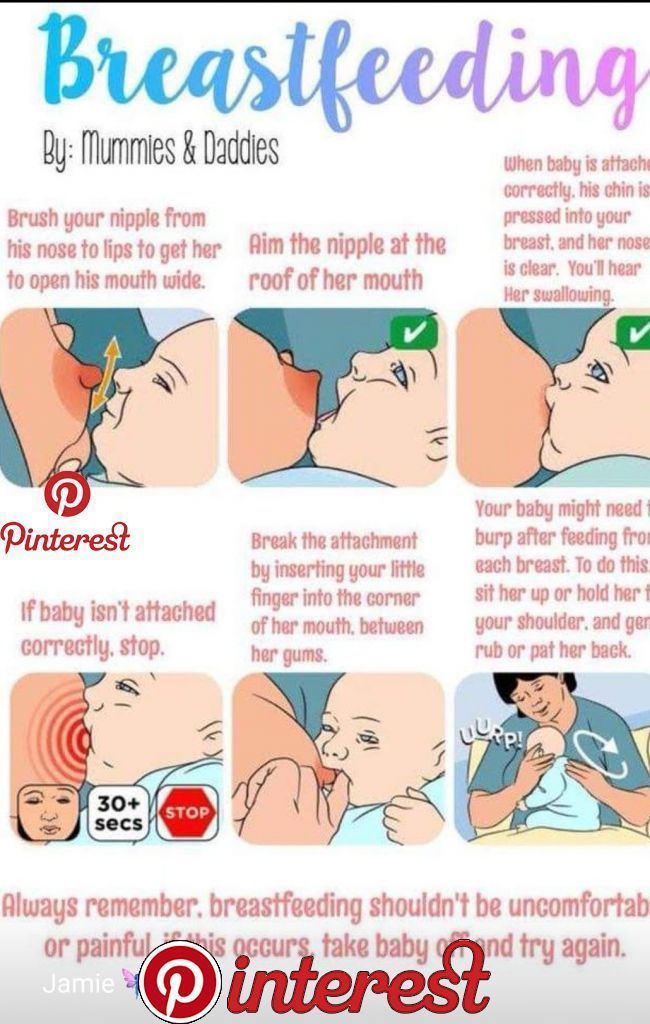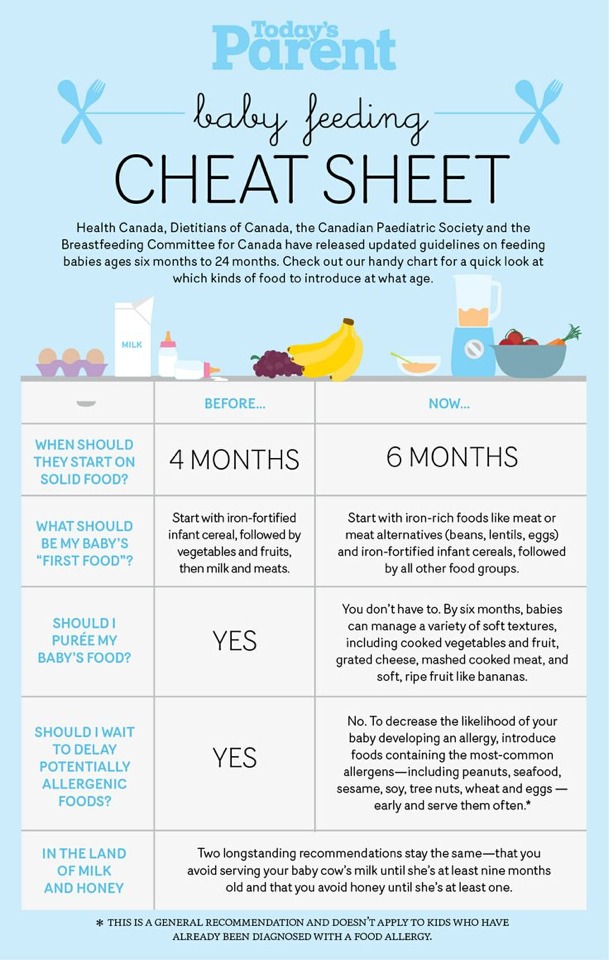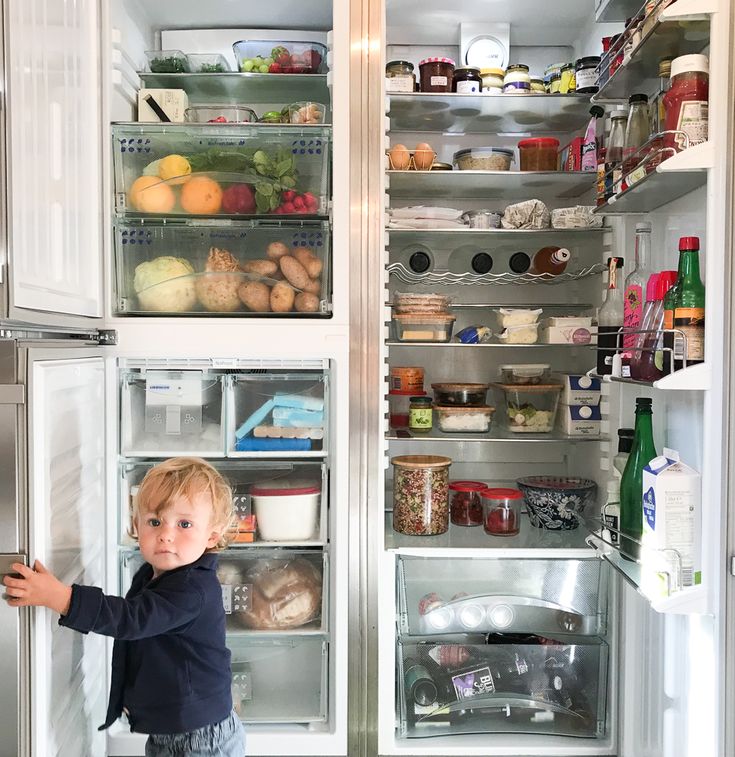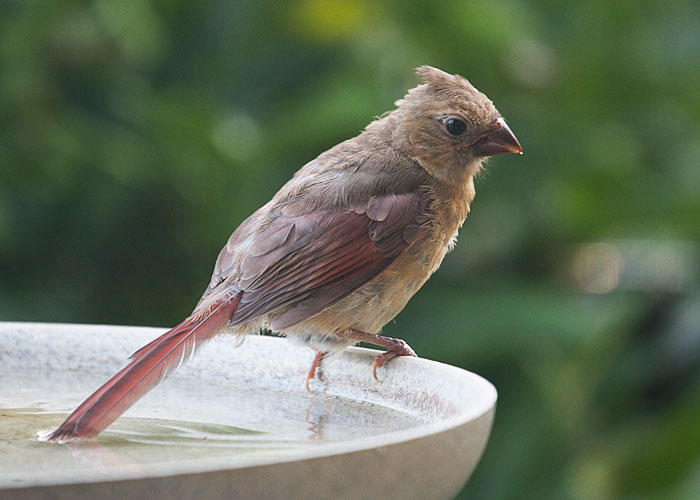Should you always wind a baby after feeding
Winding and burping your baby
Wind is air that your baby has swallowed when they were feeding, crying or yawning.
Wind is common from the newborn stage to about 3 months, as a baby's digestive system matures.
Common signs of trapped wind include squirming or crying during a feed, or looking uncomfortable and in pain if laid down after feeds.
Some babies need a little more help than others to release wind. To wind your baby, hold them in an upright position against your shoulder. Massage their back.
How to wind your babyHow to wind your baby
Please accept Youtube cookies to view this content.
Read our cookies policy to find out more about our cookies and how we use them.
When your baby gets windEvery baby is different and over time you will grow to know your baby's cues.
Sometimes the wind builds up from the day's feeds. This is especially true if an unsettled feeding period happens in the late afternoon or evening period.
The period of being unsettled is sometimes called 'the witching hour'. Most babies will experience this period of being unsettled. Some suffer worse than others. It usually begins around 2 to 4 weeks old and may last for 6 weeks.
Tips for windingGeneral tips
- skin-to-skin contact may relax your baby and wind may break more easily
- hold your baby up against your shoulder after a feed and massage their back
- after feeding, keep your baby in an upright position
- walk with your baby in your arms or in a baby sling - the upright position gently helps to relax them
- put a gentle little bump or bounce in your walk
- try the 'magic baby hold' - hold your baby's back against your tummy.
 Their tummy should rest on your crossed arms. Their legs and arms should gently fall either side of your arms
Their tummy should rest on your crossed arms. Their legs and arms should gently fall either side of your arms - respond as quickly as possible to your baby crying. Provide comfort by feeding, holding, rocking, singing or other method. Leaving a baby to cry will cause more air to be swallowed and will worsen wind
Breastfeeding tips
- make sure your baby is positioned and attached well to the breast. Ask your public health nurse or lactation consultant to observe a breastfeed if you need help
- hand expressing a small amount of milk before feeding can help to slow down the flow of milk
Information:
Breastfeeding
Formula feeding tips
- wind your baby often during and after each feed, this may help ease the build-up of wind
- reduce flow of feed from bottle or try different teat size
- tilt the bottle so the teat and bottle neck are constantly full of milk
- don't let your baby suck on the bottle when the feed is finished or when only milk bubbles are left
- let your baby's bottle stand until all the air bubbles produced by shaking have settled
- hold your baby a little more upright, rather than lying them flat while you are feeding them their bottle
- if you are considering changing your baby's infant formula milk, discuss it with your public health nurse first
Avoid chopping and changing between brands or types of formula. Frequently changing can cause your baby to become more unsettled.
Frequently changing can cause your baby to become more unsettled.
Page last reviewed: 25 March 2018
Next review due: 25 March 2021
How and When to Burp Your Baby
A key part of your baby's feeding routine is burping him. Your baby may swallow lots of air while feeding, and burping can help remove some of that gassiness and ease his fussiness. It may also help prevent him from spitting up.
Find out how to burp your baby, and pick up some tips on making burping more effective.
How to Burp Your Baby: Positions to Try
Here are three burping techniques that have stood the test of time. After trying each of them out, you’ll probably settle on one that works best for you and your baby:
Hold your baby upright against your chest with his chin on your shoulder, all the while supporting him with one hand as you gently pat his back with your other hand.

Place your baby on your lap with him sitting up, all the while supporting his head and chest with one hand while you softly pat his back with your other hand.
Lay your baby on your lap with his belly faced down, all the while supporting his head so it’s higher than his chest, and pat his back.
Tips for Burping Your Baby
Try these tips the next time you need to burp your baby:
Use repeated, gentle pats on her back.
Cup your hand slightly as you pat her, as this is gentler than using a flattened palm.
Drape a towel or bib over your lap or shoulder to protect your clothing as you burp your baby, in case your baby spits up (sometimes called “wet burps”).
Now that you know how to burp your baby, and these tips help you do so effectively, here’s a helpful visual guide:
How Long Should You Burp Your Baby?
There is no specific length of time needed for burping your baby. The more important factor is how often you burp him. With that in mind, burp your baby frequently throughout feeds, even when it looks like he doesn’t need to be burped.
The more important factor is how often you burp him. With that in mind, burp your baby frequently throughout feeds, even when it looks like he doesn’t need to be burped.
Waiting until after a feeding to burp your baby may mean your little one has swallowed too much air and may be fussier, so it’s better to stop feeding every so often and try to burp your little one. You could also try paced bottle feeding, which slows the flow of breast milk or formula from the bottle, which could help prevent gas.
Here are some tips for burping your baby during a feeding:
If you’re bottle feeding (which can include formula feeding or offering expressed breast milk), you’ll want to burp him after every two to three ounces of milk.
If you’re breastfeeding, burp your baby each time he switches breasts. Some breastfed babies may not need to burp as often, as they may not swallow as much air.
If your baby hasn’t burped after some time, go back to feeding.
 Not every baby burps every time you want him to burp.
Not every baby burps every time you want him to burp.
If your baby shows any of the following signs, you may want to burp him more regularly — for example, after every ounce of milk during bottle feeding or every five minutes during breastfeeding:
He is gassy
He spits up frequently
He has Gastroesophageal Reflux Disease (GERD)
He seems very fussy.
After a feeding is over, keep your baby in an upright position for 10 to 15 minutes. This can help prevent him from spitting up. You may need to burp him longer if he does spit up or has been diagnosed with GERD.
Other Instances When Burping Your Baby Might Be Beneficial
If your sleeping baby wakes suddenly and you suspect it may be because of gas, burping her might help relieve the pressure and help her fall back asleep.
A colicky baby, who may cry for three or more hours per day, might have gas from all the air she’s swallowed during one of these crying spells. You may consider burping her to see if it helps comfort her.
You may consider burping her to see if it helps comfort her.
We hope these tips can help you burp your baby during feeding time to ensure she’s more comfortable.
Don’t forget to stock up on plenty of diapers, which you will surely need after all these feedings and burpings. Get rewarded for your Pampers purchases by using the Pampers Club app to earn rewards like coupons, gifts, and gift cards.
How to wake up a baby for feeding and whether it is necessary to wake up a baby in the afternoon
05/29/2020
95
For any parent, the question of whether to wake up the baby is not easy. On the one hand, there are fears that a child who has been sleeping for a long time will not be able to fall asleep later, and on the other hand, how to raise such an angel who has been put to bed for so long...
so that his sleep is not affected.
Let's start with the smallest children. You've probably heard the phrase "never wake a sleeping baby." But it is not always fair. Some newborn babies wake up on their own for feedings, while others need to be awakened. Whether or not you need to wake your baby depends on their age, weight, and overall health.
Some newborn babies wake up on their own for feedings, while others need to be awakened. Whether or not you need to wake your baby depends on their age, weight, and overall health.
The American Academy of Pediatrics recommends waking your baby for feedings if he sleeps more than 4 hours in the first two weeks of life. On average, a baby needs feeding every 2-3 hours.
Frequent feeding is very important for several reasons:
- The baby's stomach is very small, the baby quickly digests breast milk. Faster than a mix. Therefore, physiologically, the child necessarily needs frequent feedings every 2-3 hours.
- Babies can sometimes sleep even when hungry, thus malnourished, which affects their development.
- After birth, the baby loses 5-10% of its body weight. And in the first weeks he needs to gain weight. Lack of milk or formula slows down this process.
- A short interval between feedings helps to maintain lactation. That allows you to avoid problems with a shortage of milk in the future.

Tears already signal strong hunger. Therefore, it is better to breastfeed the baby before the baby starts crying. Learn to recognize the early signs of hunger: the baby puts his hand in his mouth, smacks his lips, tossing and turning when he sleeps.
Should the baby be woken up to feed during the day? In general, if an infant sleeps for more than 3 hours in one dream during daylight hours, he must be awakened. Then the mother can feed the already awakened baby. This makes it possible to adjust the work of the biological rhythms of the baby.
How to Wake Up
- Help your child gradually fall asleep by stroking their arms, legs or lightly tickling them.
- Change diaper. Often this is enough for the baby to wake up and be ready to eat.
- Undress and place skin to skin on your chest. You can squeeze a few drops of milk onto your baby's mouth. He will smell and taste it and begin to suck on the breast.
- Speak - he will hear your voice and wake up.

- Do not turn on bright lights. A dim light is sufficient. The bright light will blind your eyes.
- If the baby has attached to the breast but has not begun to suckle, stroke his cheek.
How long to feed
As soon as the baby wakes up and starts to eat, make sure that the feeding is long enough to empty at least one breast. So we will know that he ate hind milk, which is necessary for the growth of the child's body. Some babies take 45 minutes or more to feed one breast, and some do it in 10 minutes.
The sucking reflex promotes falling asleep. Therefore, make sure that the baby does not fall asleep while feeding. If he falls asleep, change position, lift him up to burp, and then start feeding again.
By 6 months you will have a more or less predictable eating schedule. But each baby will have his own. Some of the children eat every 2 hours, and someone is able to stay without food for 3-4 hours by the second month of life. This is especially true for children who are formula fed.
The length of time between feedings increases as the child grows older. By the age of six months, many babies can already go without supplements at night or are able to sleep for longer periods.
If a baby wakes up too often after 6 months and asks for food at night, perhaps this is no longer hunger, but a way to relax and fall asleep.
Avoid using a pacifier in the first weeks after delivery. The pacifier helps the child to calm down and prolong sleep. So you may not notice that your baby is hungry. Therefore, start using a pacifier no earlier than 4-6 weeks and when you are lactating.
Should the baby be woken up to feed formula? As with breastfeeding, the newborn needs frequent formula feeding. But the interval will be more than 3-4 hours.
When it is necessary to wake up the child
It is important to wake up the baby in the morning if he has fallen asleep later than 7.00. This is especially true for children who still sleep 1-2-3 times during the day and have already developed a relatively stable routine. So you create the perfect routine in the morning.
So you create the perfect routine in the morning.
After waking up, children need time to work up their fatigue for their next nap, the ideal window for which is around 9 and 1 pm (depending on age).
Therefore, if the baby slept until 8 am, he simply will not be able to fall asleep in his first daytime sleep.
In order for the baby to wake up calmly without tears, you can enter a wake-up ritual. It allows the child to smoothly transition from a sleepy state to wakefulness.
Example of a wake-up ritual:
- Open curtains/turn on lights
- Welcome words and a kiss
- Snacks, nursery rhymes after sleep
- Happy song
Then you can get up and start breakfast. For older children, such a ritual is also necessary.
The awakening ritual has different purposes:
- Marks the end of sleep,
- Teaches a child that everyday sounds are not a reason to wake up,
- Helps prevent baby from crying when waking up.

It will also be useful to have a light alarm. If the baby wakes up early, he will stay in bed until he sees the light on the clock.
When to wake your baby up after a nap
Many babies from 4 to 8 months sleep three times a day.
In this mode, it is important to wake up the baby after the third nap no later than 17.00. The duration of this segment is about 45 minutes, but not more than an hour. Then you can easily put the baby to bed by 19 o'clock.
Transition to one nap
At the age of 15-18 months there is a transition to one nap. It can be long and take place in different ways.
For example:
In the morning, the baby falls asleep easily and sleeps up to 2 hours. But then it is difficult to put it in lunch. And by the evening without rest at lunchtime, he is already overworked and falls asleep with difficulty.
So if this is your case, you can pick up the baby after 60-75 minutes. At the same time, move the start of the second sleep 15 minutes later. But if the baby sleeps for 1 hour in the morning and then it’s already difficult to fall asleep a second time, start putting him down only at lunchtime.
But if the baby sleeps for 1 hour in the morning and then it’s already difficult to fall asleep a second time, start putting him down only at lunchtime.
One nap after 2 years
Between 2.5-5 years, naps may disappear. Here again, the story described above is often repeated. It seems that the child falls asleep perfectly during the day, sleeps for a long time, but in the evening, laying down is delayed until 10-11 pm. The problem is that getting up early in the morning to the garden usually does not allow you to sleep the necessary 10-11 hours per night. And again, you will have to gradually limit the duration of daytime rest. Wake your baby up after 60 minutes first, then skip the daytime so your baby sleeps better at night.
Keep an eye on your baby while doing this. If he is calm in the evening and falls asleep easily, and wakes up later than 6 o'clock in the morning in a good mood, then you are doing everything correctly.
If you notice excessive moodiness in the late afternoon or regular awakenings too early, then it is worth giving the baby more time to rest at lunchtime.
Like this article? Rate:
Votes: 90
What you need to understand before having children
Raising a child is full of surprises. No matter how many books or children's forums you read, how many educational videos you watched, nothing will prepare you 100% for the appearance of a child in the family. But there are 10 fundamental things you should know before you become new parents.
1. Giving birth to a child is simple - only at first glance
Some breed like rabbits. Others don't succeed at all. Many naively believe that one has only to want to have a baby, stop using contraceptives and bam! This will happen. Actually, it's not fake. After all, our body is not simple. If you are thinking about replenishing the family and want to plan a pregnancy for a certain period, give yourself enough time and try not to worry throughout the entire period.
2. The first months are a real torture
Perhaps the cries of babies are so annoying, their sleep is so light, and breastfeeding is so painful - just to strengthen the spirit of parents. Because if you survive the first few months of this crazy kids' camp without losing your mind, you heroes can handle anything.
Because if you survive the first few months of this crazy kids' camp without losing your mind, you heroes can handle anything.
This time is a living hell for those who love sleep, shower and comfort. Explaining how hard it is is useless. It is impossible to describe what it is like to wake up for several months at night every two hours. Or trying to calm an inconsolably screaming child. Or feel in the body 3 sizes larger than usual (by the way, future dads get fat along with future mothers). Or feeling out of sorts for months or maybe even years.
All this chaos has its upsides. In particular, no matter how bad it is, you will overcome all difficulties. Just don't be afraid to ask for help, especially if you're suffering from postpartum depression.
The first months after the birth of a child are not only suffering and chaos. These are also amazing moments full of bliss and tenderness. After some time, you may even begin to feel sad for this pleasant period of life and (oh, madmen!:) want to experience these tortures again.
3. Forget about sleep. You will miss him
Whether you have a baby in your arms or a growing toddler, you will have trouble sleeping. Now nightmares, then the child sleeps between you. And how difficult it is to get the children up in time to be in time for school ... Well, and the like.
Watch your habits! If you're not ready to tolerate them all the way to university, don't instill them, such as letting your child into your bed in the middle of the night.
4. Baby utensils and things: don't need a lot of them
Baby strollers, car seats, playpens, swings, air mattresses, play mats, dental rings, bibs… It seems that children need tons of equipment. Dear life hackers, let us save your money! You don't need even half of these things.
Many newly-made parents for some reason believe that their child will certainly become bored, or he needs constant stimulation of the brain. In fact, the baby sleeps most of the time; when he wakes up, he screams to be fed, then after feeding he goes back to sleep. You don't need a lot of extra ways to take it. For a small child, everything around is of interest.
You don't need a lot of extra ways to take it. For a small child, everything around is of interest.
As a rule, children tend to lose interest in toys before you even get them. Isn't it easier to buy wooden cubes or make trinkets with your own hands from improvised means?
Similarly, there is no reason to buy so many children's clothes, at least not new ones. On the one hand, relatives and friends love to give adorable outfits (who can resist buying tiny booties or bonnets?!). On the other hand, children grow by leaps and bounds. Some things they do not have time to really vilify before they become small for them. Try to get clothes that wear out the fastest at sales or second-hand stores. The more your kids get dirty, the more often you will have to buy new things. But until you need to purchase new clothes, bypass the departments of children's utensils.
5. Children = many unexpected expenses
Diapers are something you will constantly need in the first years of a child's life. Mountains of diapers. This, of course, is no secret to anyone. But chances are you're grossly underestimating how many you end up buying. So coupons, discounts, promotions for diapers will no longer seem so ridiculous and will be very useful to you.
Mountains of diapers. This, of course, is no secret to anyone. But chances are you're grossly underestimating how many you end up buying. So coupons, discounts, promotions for diapers will no longer seem so ridiculous and will be very useful to you.
Other unplanned expenses may come out of nowhere. For example, music lessons, babysitting, out-of-town class trips, even medical expenses can come as a surprise. But, perhaps, the biggest sucker of money is the kindergarten. He, of course, allows you to work at your job, but his content is sometimes so great, at least get a second job!
Bottom line: spend less money on clothes that wear out quickly anyway, and keep in mind unexpected (or unexpectedly high) child expenses that can cost you a pretty penny.
6. It is possible to work with a child from home (during certain periods)
There are two periods when working from home with children is more or less comfortable. Before they started walking (when the child learns to occupy himself, mainly due to fine motor skills of the hands), and also when they are old enough and understand that while working from home you may not be available. If it's easy for your child to entertain himself, then working from home is easy. But there is a slight sense of guilt that you cannot pay attention to him all the time.
If it's easy for your child to entertain himself, then working from home is easy. But there is a slight sense of guilt that you cannot pay attention to him all the time.
It is difficult to say to your child “No. I'm busy)." several times a day. Therefore, even if you happen to be working from home, you need to plan for the care of children until they grow up and no longer require your full attention.
7. Don't panic when your child doesn't reach developmental milestones
The books say that all children should walk by the age of one, and if they don't, see a doctor. In practice, some babies take their first steps only at the age of 16-17 months. And that's okay. If your child is a year old and still does not walk, you are naturally worried. Some babies wear diapers longer than others. Rude advice from strangers that it’s time for the child to go to the potty on his own, drive you into a panic even more.
Remember that every child develops according to his own internal schedule. It is quite possible that your baby will not start walking in any way because he is using energy for something else - learning to speak, for example. Do not rush your child, forcing him to talk, walk, run, read. Children grow up so fast. It is impossible to teach a child everything in one day. It is better to wait until he or she is ready for this.
It is quite possible that your baby will not start walking in any way because he is using energy for something else - learning to speak, for example. Do not rush your child, forcing him to talk, walk, run, read. Children grow up so fast. It is impossible to teach a child everything in one day. It is better to wait until he or she is ready for this.
8. You won't regret taking too many baby photos or videos
Photo: ShutterstockIn the early years, you will most likely take photos and videos with your baby all the time. Unfortunately, as children grow up, we begin to capture the pleasant moments of their lives less often. You will never regret taking too many photos or videos of your growing child. Moreover, you will always feel like you missed something.
9. Getting out of the house somewhere is an adventure every time
When you become a parent, time shifts happen. What used to take 5 minutes (like how long it took you to run to the nearest store) will now take much longer. There are extra minutes to get ready, move around, pack drinks, food and diapers, install a child seat in the car and do a lot of other things.
There are extra minutes to get ready, move around, pack drinks, food and diapers, install a child seat in the car and do a lot of other things.
Eating out will be a whole new experience for you. Food falling on the floor, pencils rolling off the table, visitors and waiters looking unfriendly in your direction ... Even if you manage to organize something like a date with your other half, all this time you will most likely talk about the child or worry about him.
10. You will never be the same
Parenthood will change you. It's predictable. But you have no idea how much it will change you and your understanding of the world around you. Overnight you will not turn into the same as your parents, mom and dad. But your values, visions, and habits are reorganized around one being—your child.
► Your habits will change for the better. You will begin to think more about the usefulness and nutrition of the food you eat, drive more carefully, spend money wiser, behave more ethically, think more about your life expectancy (and how to increase it).









